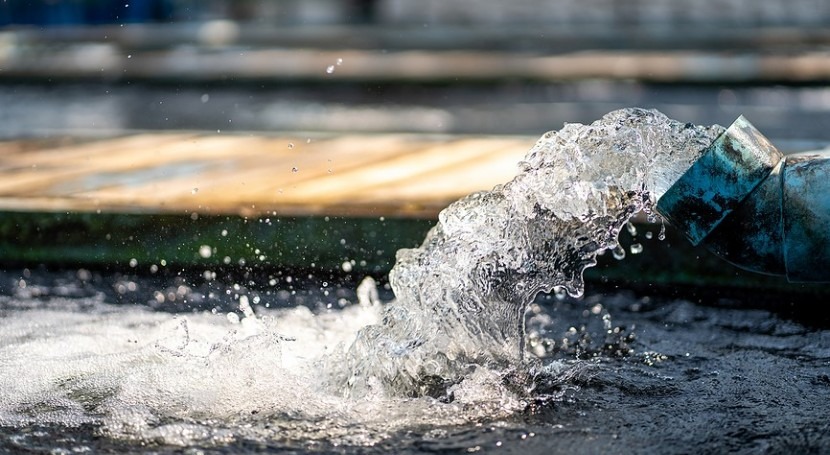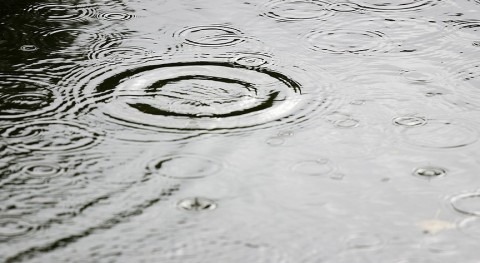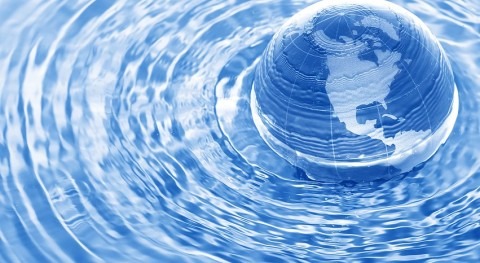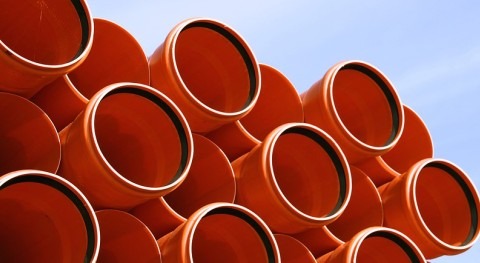When it comes to coping with the demands and challenges presented by climate change, water companies and engineers will have to start adopting more innovative approaches in order to protect the nation’s precious water resources.
This is according to Hannah Cloke, professor of hydrology with the University of Reading, who explained to New Civil Engineer that the climate emergency will see our climate change, with heavy rain more likely as it gets hotter.
In turn, this will drive changes in rainfall patterns, with the situation exacerbated by increasing urbanisation, which is putting more pressure on both housing and infrastructure… problems that are only going to get worse in the future, so it is becoming increasingly necessary to change the way in which the country operates.
Ms Cloke did note that the industry has been making big strides where water leak detection and repair is concerned, but work needs to be accelerated, as the UK’s infrastructure is “seriously ageing”…so more must be done, and fast.
“I’m a big enthusiast of working with natural processes and using our natural landscapes to the best of our ability. Soil, for example, holds water well, so if we look after our soil it can help to alleviate flooding.
“It can also ensure that water is going down into the deep groundwater stores so that we can sustain chalk streams over periods where we do get less rainfall,” she added.
A holistic approach is necessary, Ms Cloke went on to say, explaining it’s important to understand that if changes are made in one area, it will have an impact somewhere else. Changes in headwater, for example, will have impacts further downstream and if changes are introduced in cities, the runoff that goes into rivers will change, as well.
From a business perspective, if you’re keen to do all you can to help relieve pressure on water supplies around the country, you can make immediate inroads by making sure that any and all leaks onsite are found and sorted out as soon as possible.
This is important because some three billion litres of water is lost through leaks each day in England alone and it’s highly possible that your business is contributing to this, since the majority of leaks are so small that they’re barely noticeable or they happen hidden away below ground, so you just don’t know they’re there.
You can also start saving water by having a rainwater harvesting system installed onsite, which stores the water that collects on the roofs of your buildings, to be used for the likes of vehicle washing, laundry and process water, and so on.








